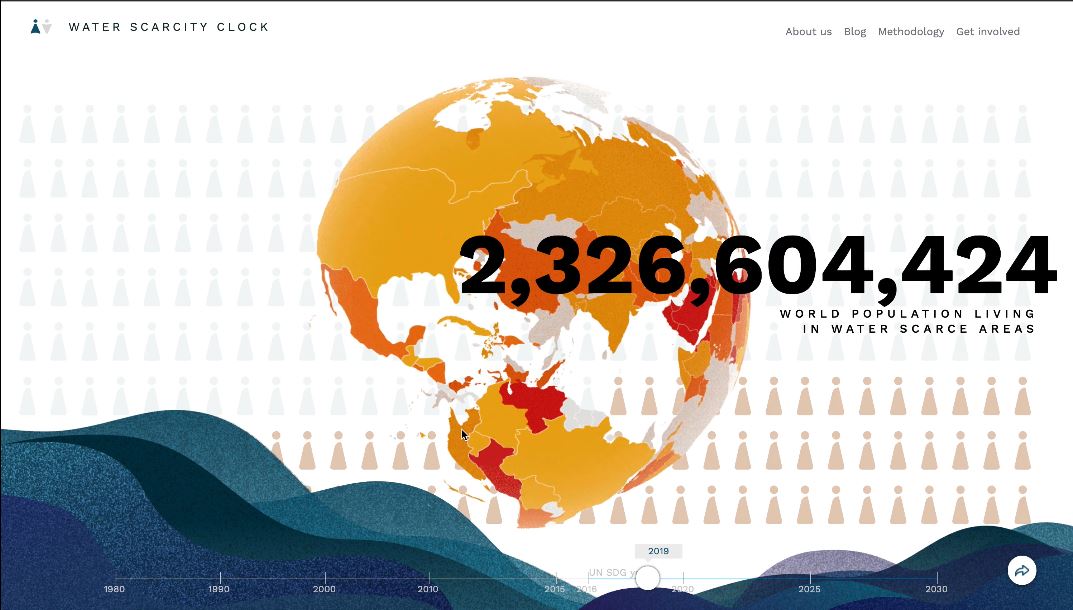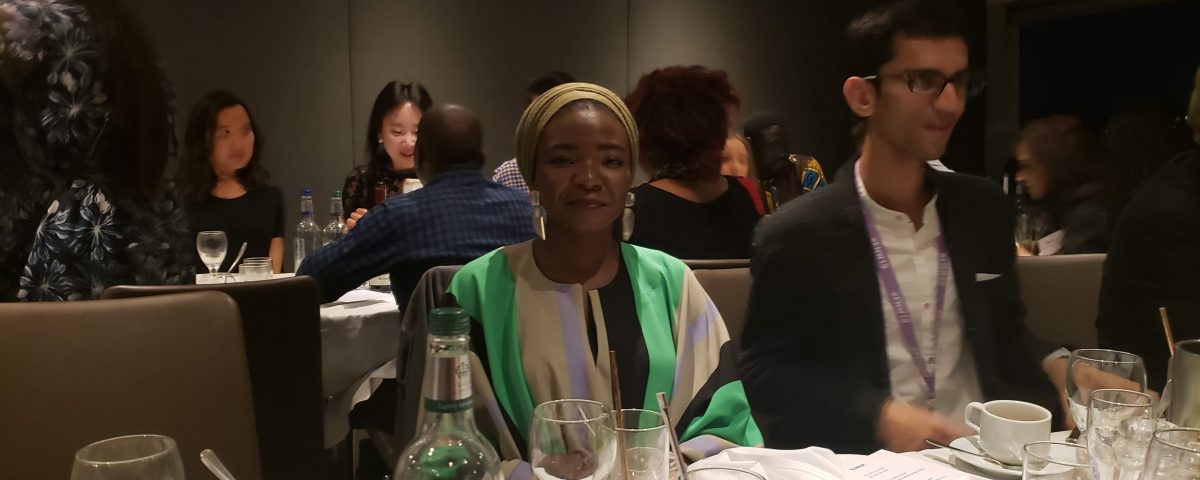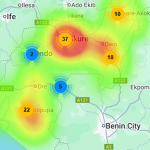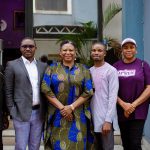
Water Scarcity Clock 2019: In Nigeria over 18.7 million face absolute scarcity
September 11, 2019
Niger Delta Conflict Tracker (July – August 2019)
September 12, 2019
By Shola Lawal
My heart fluttered as I watched the image appear and sharpen on the screen. I was staring at a page from the October 2016 edition of The Economist. “How Nigeria Stopped Ebola” the headline teased in red print. The story behind that story was one I was too familiar with. With the Ebola epidemic raging in the Democratic Republic of Congo presently, the article, I realized, is perhaps more relevant now than when it was written.
A hundred journalists from every corner of the globe watched the screen and the speaker, Taylor Nelson, Director of Knowledge Dissemination at Solutions Journalism Network, a non-profit advocating for evidence-based reporting in response to problems. All hundred of us were all selected to attend the annual Future News Worldwide conference organized by the British Council. We spent two wholesome days at the Thomson Reuters headquarters in London learning from industry leaders in the areas of open-source journalism, trauma reporting and foreign correspondence.
Nelson’s astounding lecture on why more journalists need to incorporate solutions in storytelling particularly sticks with me, as does the incredible story of Sonny Swe, the Myanmarese journalist who was imprisoned for eight years by the government for daring to report the truth.
There were many highs on the trip: Climbing the Sky Garden towers where I could see all of London laid out like the pages of a strange but friendly book; Cruising on the Thames and hustling for a blurry selfie with Channel 4’s Jon Snow; Bantering and bonding with the brightest young journalists on the planet; Remembering the best suya (grilled meat) spots in Lagos with Nick Tattersall, one-time Reuters correspondent in West Africa. There was one low, painful one – saying goodbye to new journalist friends from countries I will probably never have the opportunity to visit. But I am consoled with the knowledge that a part of me now exists in all these places.
My biggest moment, of course, remains Nelson’s lecture and that piece in The Economist. I perhaps feel strongly about the Ebola example in Nelson’s class because I was a final-year student in Lagos when the index Ebola patient entered Lagos on a flight from Liberia. There was panic and many thought Nigeria was in trouble – Ebola spreading in a nation of 200 million where things don’t always work would have been catastrophic. But we succeeded in stopping the virus through sheer will. Unfortunately, we lost outstanding health workers in the process including Dr. Stella Adadevoh. These brave souls are forever remembered as heroes.
Today, as Ebola once again wreaks havoc in the heart of Africa, I am reminded that journalism like the one Nelson encourages us to pursue is needed in a world already filled with too many problems. Many believe the future of news algorithms, forensics, and data. Yet, it can be all that and more: it can proffer tested ways of solving issues. News can extend a hand of hope in the times when we don’t think we can survive another minute.
Solutions journalism, I see now, reminds us that no matter how daunting the situation, we are not alone: People have fought similar situations before and won, and so shall we.









